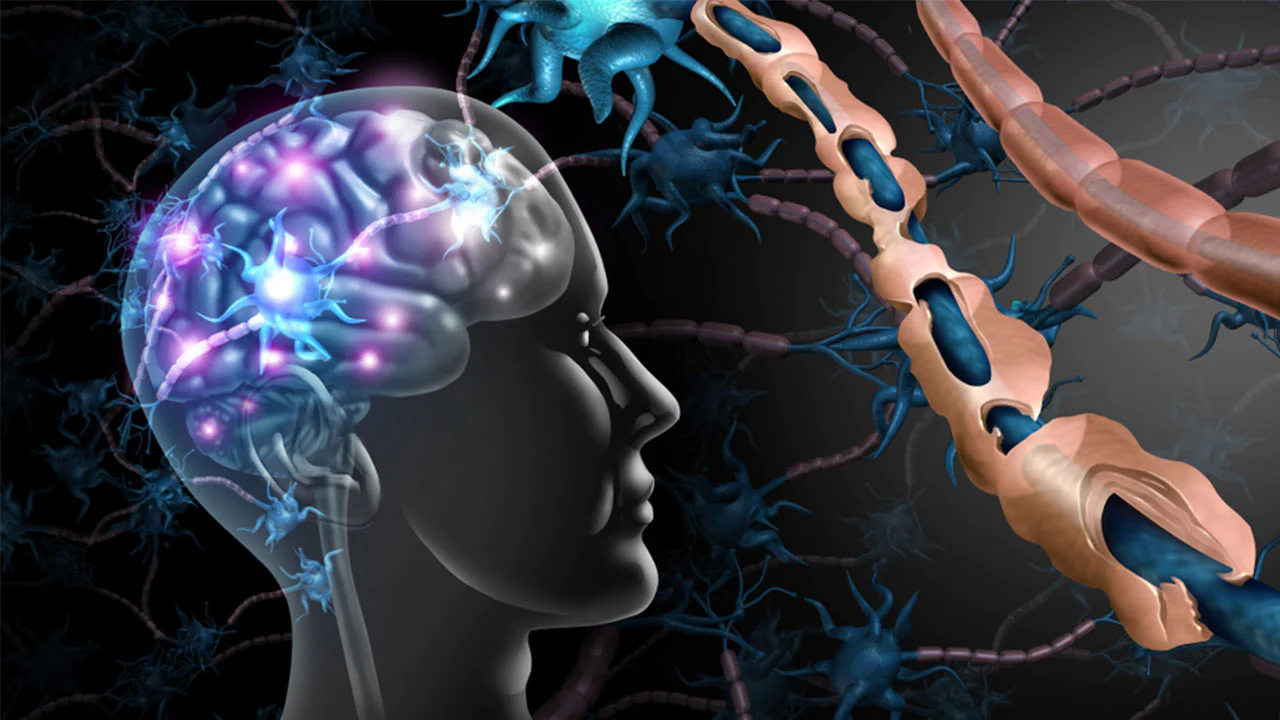Foot Numbness and Tingling: If your foot frequently falls asleep or experiences pins-and-needles sensations, it could be an early sign of MS. This numbness and tingling may occur due to disrupted nerve signals.
Vision Problems: Blurred vision, double vision, or sudden visual disturbances can be indicative of MS. Optic neuritis, an inflammation of the optic nerve, is a common early symptom.
Muscle Weakness and Fatigue: Feeling unusually weak or fatigued, especially in the limbs, might be an early warning sign. MS affects muscle strength and coordination.
Balance Issues and Dizziness: Unsteadiness, difficulty maintaining balance, and episodes of dizziness can be related to MS. These symptoms may impact daily activities.
Strange Skin Sensations: Some women with MS report abnormal sensations like burning, itching, or crawling on the skin. These sensations can occur without any apparent cause.
Slowed Thinking and Cognitive Changes: MS can affect cognitive function, leading to memory problems, difficulty concentrating, and slowed thinking.
Remember, early diagnosis is crucial for managing MS effectively. If you experience any of these symptoms, consult your doctor promptly. While MS is incurable, treatments and therapies can help slow its progression and improve quality of life.




Comments
Post a Comment